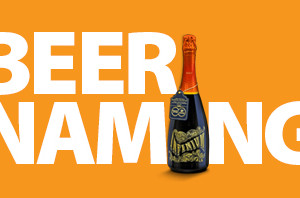
When you have a cold, what do you reach for to blow your nose? How about when you accidently cut yourself? Most people would answer Kleenex (instead of tissue) and Band-Aid (instead of adhesive bandage). Often used interchangeably, these terms actually represent the brand names rather than the products themselves. Other well-known examples include Jet Ski (Kawasaki), Velcro, Bubble Wrap, and Jacuzzi.

These names that have become synonymous with the entire product category are referred to as generic trademarks. A “genericized” trademark is a trademark or brand name that has become the colloquial or generic description for (or synonymous with) a particular class of product or service.
A trademark typically becomes “genericized” when the products or services with which it is associated have acquired substantial market dominance or mind share. The term is legally significant in that unless a company works sufficiently to prevent such broad use of its trademark, its intellectual property rights in the trademark may be lost. Specifically, a company must always use the trademark as an adjective modifying a noun that describes the product.
So are generic trademarks a good or bad thing? Well, it’s not a simple answer and depends mainly on the brand or product itself. Companies often hate when their trademarks are used to describe other products (many times their competitors’ products). However, having your brand adopted by the public for common use can help with word-of-mouth brand awareness, and market dominance.
We’ve listed some of the most commonly used generic trademarks below. Can you think of any to add?

1 Comment
Pingbacks
-
[…] all of these trademarks can move from Fanciful or Arbitrary to generic. For example, Kleenex, Formica, Escalator, Bubble Wrap, and even Ping Pong are or were once […]

